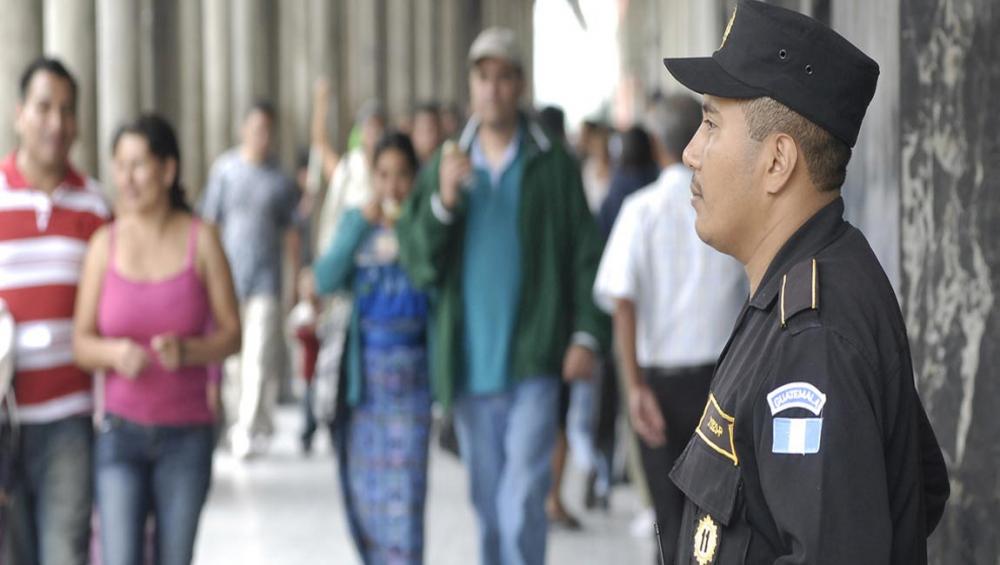Just Earth News | @JustEarthNews | 10 Jan 2019

World Bank/Jesus Alfonso
New York: UN Secretary-General António Guterres has “strongly rejected” the Guatemalan Government’s decision to unilaterally terminate the International Commission Against Impunity in Guatemala (CICIG), an independent body set up by the UN and Guatemala to investigate illegal security groups and high-level corruption in the country.
On Monday Guatemalan Foreign Minister Sandra Jovel met Guterres at UN Headquarters in New York and presented him with a letter informing the United Nations of the government’s decision to terminate the Agreement, which established CICIG, within 24 hours.
In a statement, the UN Spokesman said that the Secretary-General “strongly rejects” the contents of the letter, adding that the United Nations has been “constructively engaged with the Government of Guatemala, at various levels, over the last sixteen months, in accordance with Article 12 of the agreement creating CICIG.”
The mandate of the Commission is scheduled to end on 3 September, 2019 and the UN expects the Government of Guatemala to “entirely fulfil its legal obligations” under the agreement, and “abide by its international undertakings to ensure the protection of the CICIG personnel, both international and national”, said the statement.
In September 2018, the CICIG Commissioner, Ivan Velasquez, was barred from re-entering Guatemala, and was asked by the Secretary-General to continue running the Commission from outside the country, until a solution could be found.
Guterres recalled the important contribution to the fight against impunity made by the CICIG, which was set up in 2006 at the invitation of the government and was seen as an innovative initiative to strengthen the rule of law.
It was believed that criminal groups had infiltrated state institutions, fostering impunity and undermining democratic gains in the country following the country’s civil war, which ended in the 1990s.